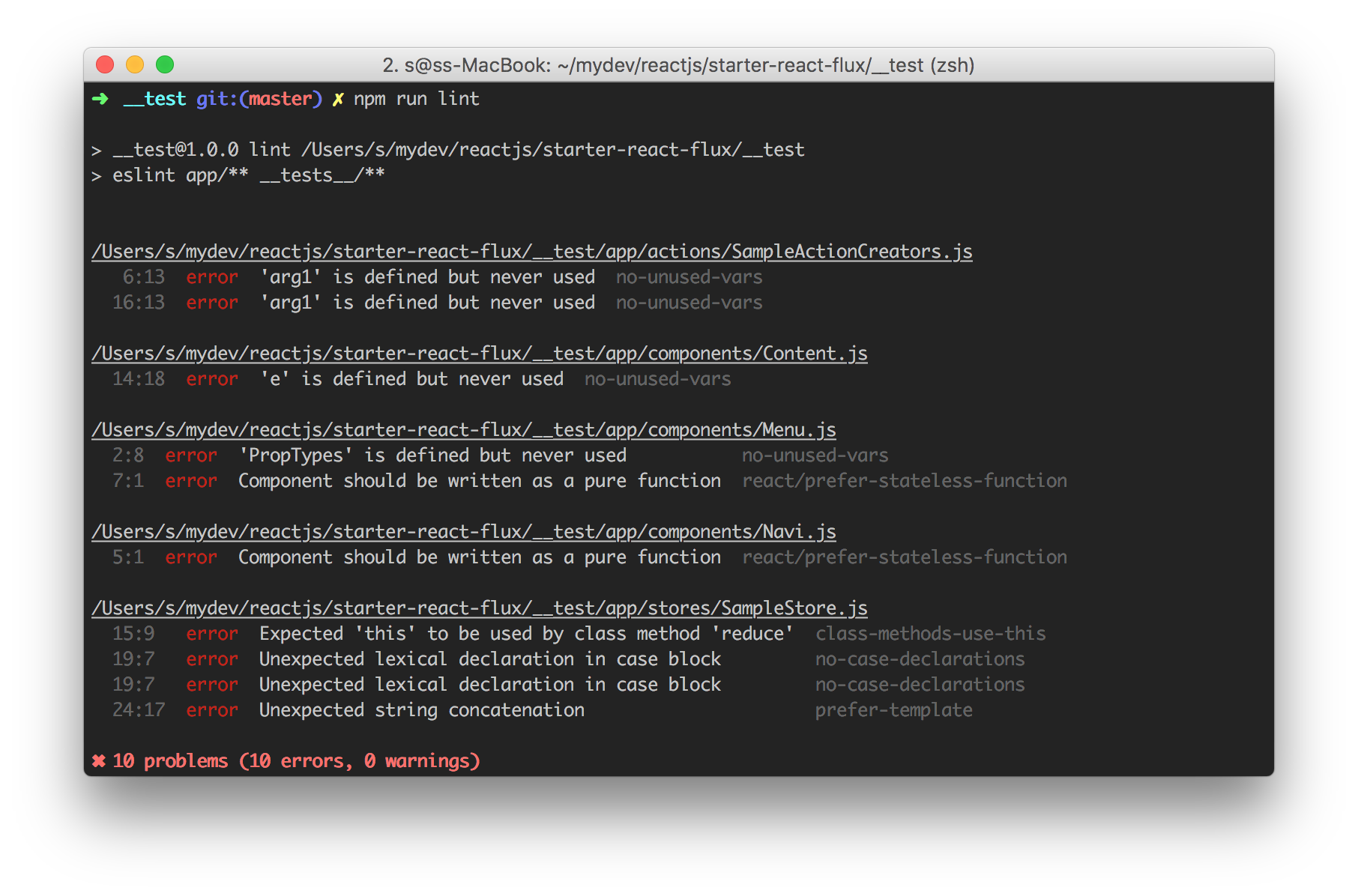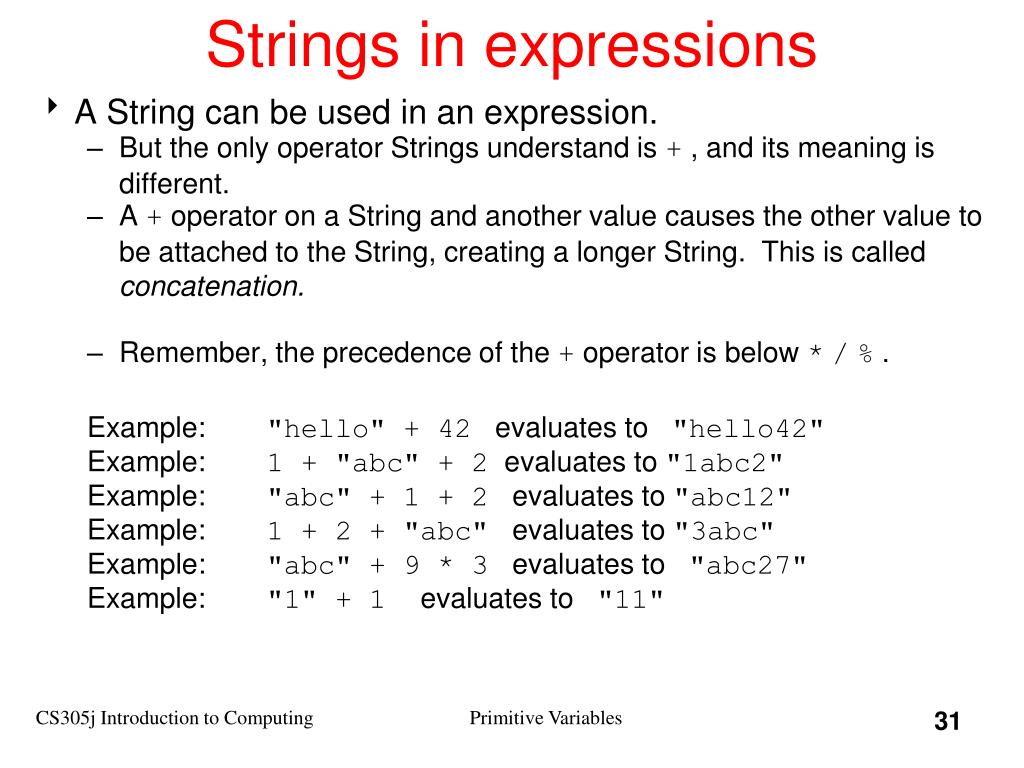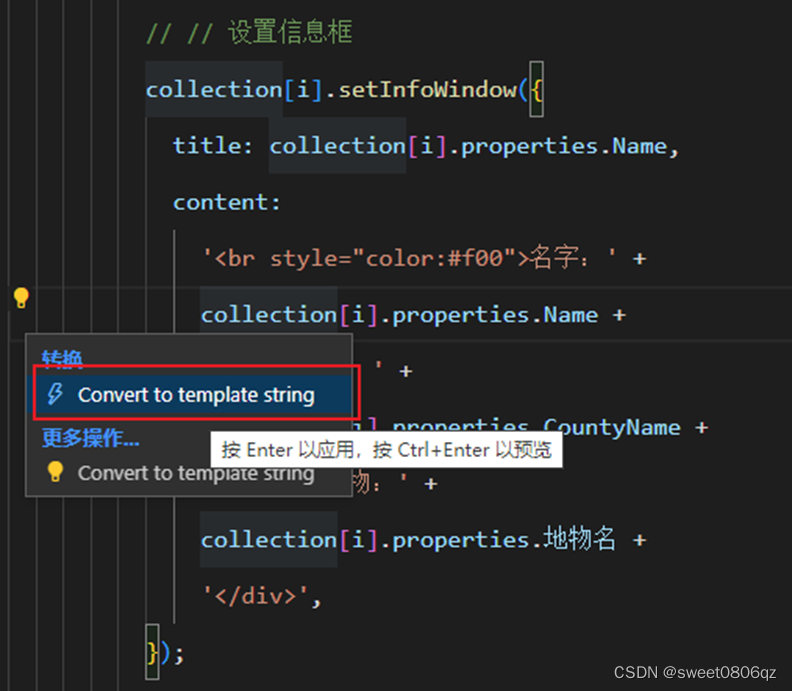Unexpected Template String Expression - It can be easy to use the wrong quotes when wanting to use template literals, by writing ${variable},. Template literals are literals delimited with backtick (`) characters, allowing for multi. This rule aims to warn when a regular string contains what looks like a template literal placeholder. An “unexpected template string” error can occur when you have used a template string.
This rule aims to warn when a regular string contains what looks like a template literal placeholder. An “unexpected template string” error can occur when you have used a template string. Template literals are literals delimited with backtick (`) characters, allowing for multi. It can be easy to use the wrong quotes when wanting to use template literals, by writing ${variable},.
It can be easy to use the wrong quotes when wanting to use template literals, by writing ${variable},. An “unexpected template string” error can occur when you have used a template string. Template literals are literals delimited with backtick (`) characters, allowing for multi. This rule aims to warn when a regular string contains what looks like a template literal placeholder.
Unexpected Template String Expression
It can be easy to use the wrong quotes when wanting to use template literals, by writing ${variable},. Template literals are literals delimited with backtick (`) characters, allowing for multi. An “unexpected template string” error can occur when you have used a template string. This rule aims to warn when a regular string contains what looks like a template literal.
Unexpected Template String Expression
An “unexpected template string” error can occur when you have used a template string. This rule aims to warn when a regular string contains what looks like a template literal placeholder. It can be easy to use the wrong quotes when wanting to use template literals, by writing ${variable},. Template literals are literals delimited with backtick (`) characters, allowing for.
Unexpected Template String Expression
It can be easy to use the wrong quotes when wanting to use template literals, by writing ${variable},. An “unexpected template string” error can occur when you have used a template string. This rule aims to warn when a regular string contains what looks like a template literal placeholder. Template literals are literals delimited with backtick (`) characters, allowing for.
Unexpected Template String Expression
Template literals are literals delimited with backtick (`) characters, allowing for multi. This rule aims to warn when a regular string contains what looks like a template literal placeholder. An “unexpected template string” error can occur when you have used a template string. It can be easy to use the wrong quotes when wanting to use template literals, by writing.
Unexpected String Concatenation PreferTemplate
Template literals are literals delimited with backtick (`) characters, allowing for multi. This rule aims to warn when a regular string contains what looks like a template literal placeholder. An “unexpected template string” error can occur when you have used a template string. It can be easy to use the wrong quotes when wanting to use template literals, by writing.
Unexpected Template String Expression
It can be easy to use the wrong quotes when wanting to use template literals, by writing ${variable},. This rule aims to warn when a regular string contains what looks like a template literal placeholder. Template literals are literals delimited with backtick (`) characters, allowing for multi. An “unexpected template string” error can occur when you have used a template.
Unexpected Template String Expression
This rule aims to warn when a regular string contains what looks like a template literal placeholder. An “unexpected template string” error can occur when you have used a template string. It can be easy to use the wrong quotes when wanting to use template literals, by writing ${variable},. Template literals are literals delimited with backtick (`) characters, allowing for.
Unexpected String Concatenation PreferTemplate
It can be easy to use the wrong quotes when wanting to use template literals, by writing ${variable},. This rule aims to warn when a regular string contains what looks like a template literal placeholder. Template literals are literals delimited with backtick (`) characters, allowing for multi. An “unexpected template string” error can occur when you have used a template.
Unexpected Template String Expression
Template literals are literals delimited with backtick (`) characters, allowing for multi. An “unexpected template string” error can occur when you have used a template string. This rule aims to warn when a regular string contains what looks like a template literal placeholder. It can be easy to use the wrong quotes when wanting to use template literals, by writing.
Unexpected String Concatenation PreferTemplate
This rule aims to warn when a regular string contains what looks like a template literal placeholder. It can be easy to use the wrong quotes when wanting to use template literals, by writing ${variable},. Template literals are literals delimited with backtick (`) characters, allowing for multi. An “unexpected template string” error can occur when you have used a template.
Template Literals Are Literals Delimited With Backtick (`) Characters, Allowing For Multi.
It can be easy to use the wrong quotes when wanting to use template literals, by writing ${variable},. This rule aims to warn when a regular string contains what looks like a template literal placeholder. An “unexpected template string” error can occur when you have used a template string.









